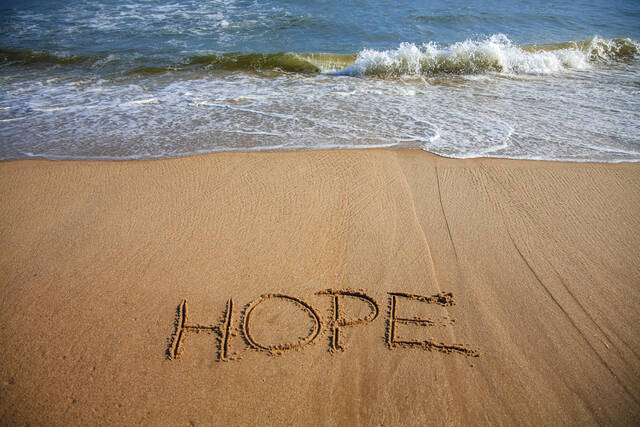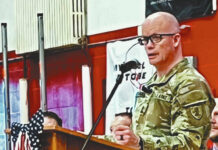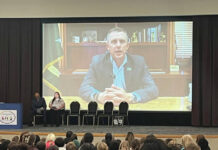More and more people throughout the Lake Region, the state of North Dakota and, yes, the entire USA are calling for assistance with mental health issues.
There are a number of individuals right here in the Devils Lake area who are trained and capable of helping in a number of areas like the members of the Lake Region Suicide Prevention Coalition and those constantly updating the list of Lake Region Mental Health Resources. More than you know.
Therefore they are planning a Lake Region Mental Health Summit at the Lake Region State College for Friday, Oct. 10 and Oct. 11.
Lake Region Mental Health Summit Highlights:
Held at the Lake Region State College and presented by the Lake Region Suicide Prevention Coalition, “Join us for a two-day summit focused on strengthening mental health awareness, trauma-informed care, and community resilience across the Lake Region.* This event brings together professionals, parents, educators, first responders, and community members for a series of engaging presentations, interactive workshops, and breakout sessions led by experts in the field.”
Day One: Friday, October 10*:
The day begins with a welcome and opening remarks, followed by a keynote from Dr. Rachel Navarro on “Building Community Resilience After Trauma.” Attendees will then explore the inner workings of crisis response through “What Happens When You Call 988,” presented by Skyler Manney and Jackie Aronson.
- Afternoon breakout sessions offer tailored content for various audiences:
- Parents & Community: Online safety, digital boundaries, and emotional literacy at home (Jill Krone, NDBCI)
- Youth Professionals: Addressing adolescent trauma and chronic stress (Dr. Nicola Herting, Sanford Health)
- Community Members: Suicide prevention training through Question, Persuade, Refer (Sarah Kemp Tabbut, MSW, LCSW)
The day concludes with an interactive storytelling workshop led by Dr. LaVonne Fox, focusing on uplifting narratives for recovery.
Day Two: Saturday, October 11*:
Saturday opens with coffee and networking, followed by a powerful session on “Recognizing Youth Struggles” by Cindy Schmidt.
Breakout sessions throughout the day include:
- A multi-perspective panel on trauma-informed schools, rural telehealth, and first responder wellness
- Mental Health Professionals: Trauma-focused CBT, vicarious trauma prevention, and crisis line insights
- First Responders: CISM and self-care strategies (ND CISM Team)
- Parents & Community: Safe spaces for teens, family financial wellness, sibling resilience, and QPR training
The summit wraps up with a motivating keynote by Pastor Kevin Anderson: From Awareness to Action: Sustaining Change.
Who Should Attend?
- Mental health professionals
- First responders
- Educators and school staff
- Parents and caregivers
- Community leaders
- Youth advocates
- Anyone interested in improving mental health outcomes in their community
Continuing Education Units (CEUs) available:
Participants will be eligible to receive CEUs for all sessions attended. Sign-in and evaluation will be required at the end of each day to confirm participation.
QPR Training: Question, Persuade, Refer
QPR training teaches people how to recognize the warning signs of a suicide crisis and how to question, persuade, and refer someone to help. By having the proper tools to help someone in crisis, you could save a life. Anyone can be trained in QPR.
Participants will learn how to recognize and respond positively to suicide warning signs and behaviors.
*The summit is designed for Friday and Saturday, come to both days or just one, whatever is most convenient for you and your schedule.
According to Sean Roed from the Devils Lake Ambulance Service and Pastor Kevin Anderson from the Lake Region Suicide Prevention Coalition, who are working together to help present this summit, you don’t have to be a professional counselor or therapist to help another human being in need, sometimes all you need to do is ask, “How are you?” or “Are you okay?” and then listen to what they have to say.
Knowing what resources are available in the community are vital to getting help, like dialing 988, the National Suicide Hotline, for example, or having an updated “Lake Region Mental Health Resources” list of Addiction Services, Counselors/Therapists, Crisis Lines, and Support numbers, Therapists/Psychiatrists, and Mental Health Resources.





